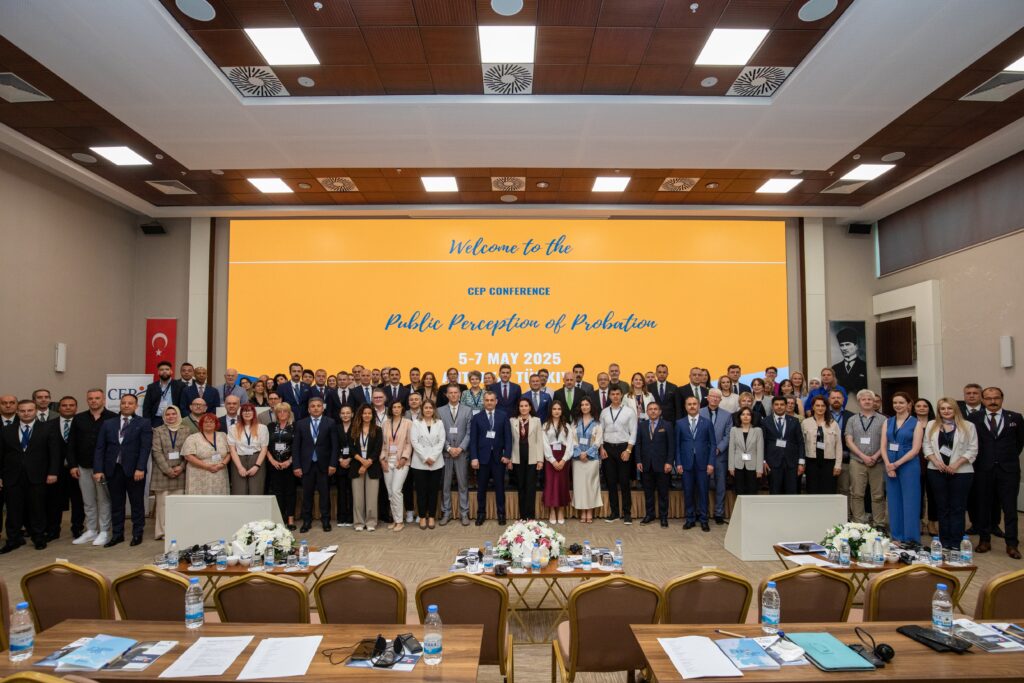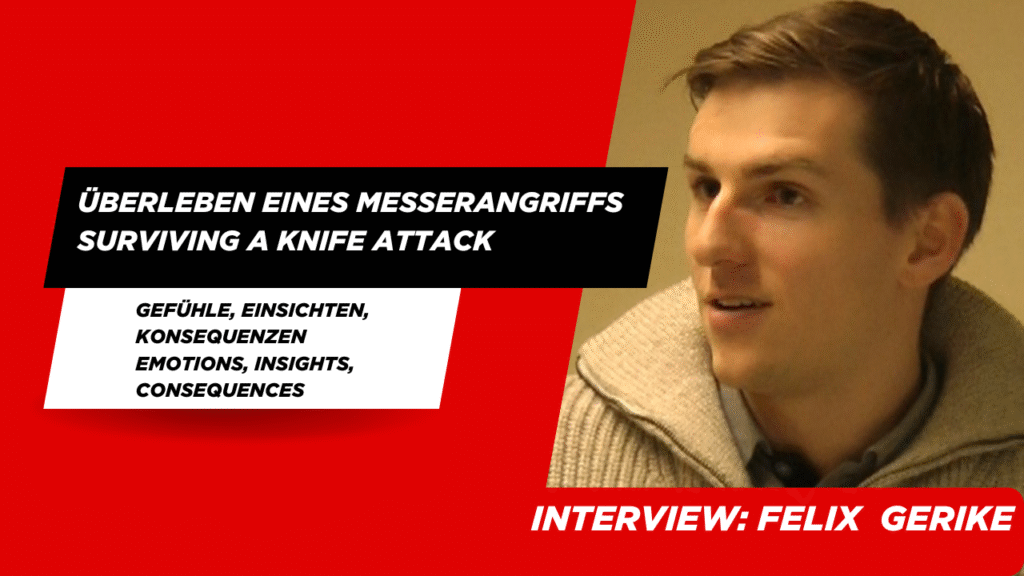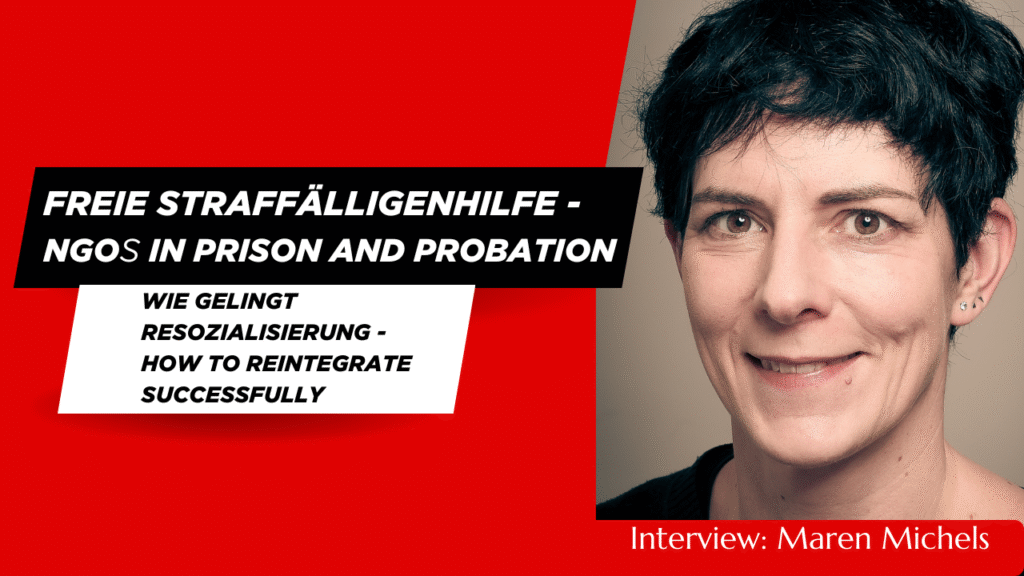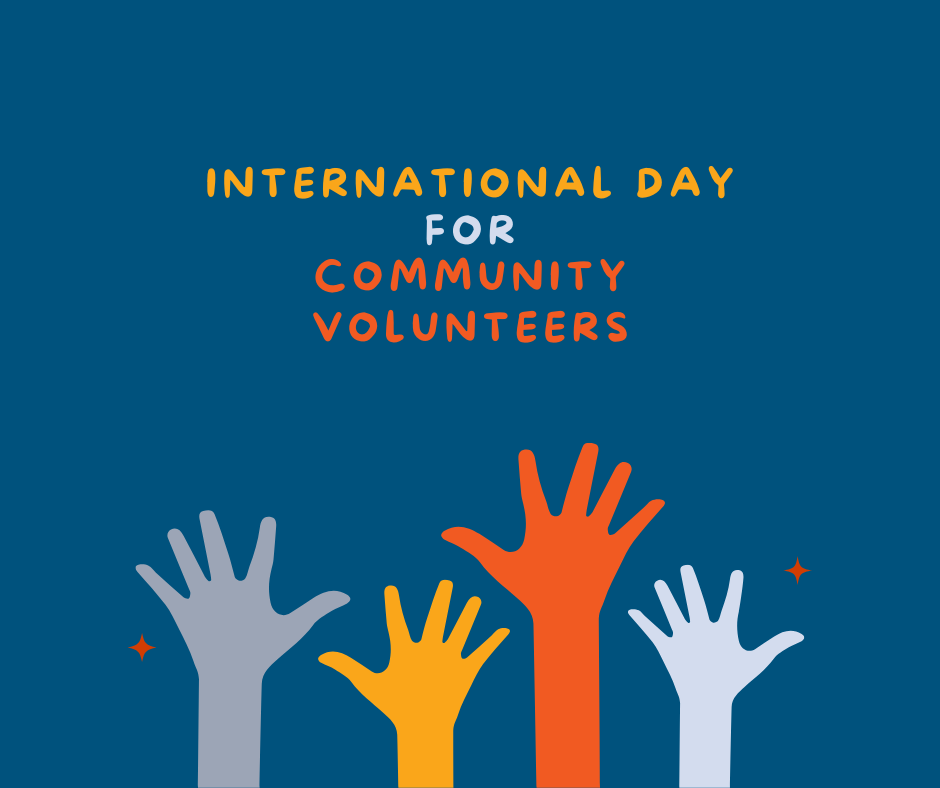Previous Article
News
Treatment of Violent Extremist Offenders in Sweden: the Entré programme
Violent extremist offenders (VEOs) is a group of offenders that constitutes a special challenge for correctional services. The demands for security, whilst in prison, ask for special arrangements, but safety and security whilst in probation after release also call for effective interventions to reduce the risk of new crimes motivated by radicalised views and activities. This article is a presentation of a new Swedish effort to include systematic treatment for the transition of VEOs from prison to community.
The Swedish strategy
The Swedish Prison and Probation Service (SPPS) has come up with a counter-radicalisation strategy combining security efforts with intensive treatment to improve transition to community for identified VEOs that are at risk for future violent behaviour and associations with persons and environments supporting violent extremism. This include keeping proper order and security, treating prisoners, parolees and probationers with dignity and respect, as well as providing directed services and programmes to lay pathways away from violent extremism where the radicalised person ideally distances him/herself from past radicalised lifestyle and violent acts.
The Entré Programme
To process VEO’s personal barriers to change and strengthen skills needed to establish a meaningful lifestyle outside extremist environments, we use an offender treatment programme called Entré. The name of the programme is carefully chosen to illustrate that it is not only about leaving an old lifestyle, but primarily about beginning a new way of life, establish new associates and, in some cases, adopt a new identity. Entré is a one-to-one cognitive-behavioural programme developed within the SPPS, originally designed to support clients to leave organised criminal groups or environments.
The client and therapist meet each other in person. An Entré therapist is not supposed to be an expert in the specific ideology or religion and does not challenge or discuss right or wrong in the viewpoints the client hold. Relying on the principle of disengagement, interventions should, from ethical and humane points of views, not focus on changing radicalised views, but the use of violence or other criminal acts and support the person’s own efforts to distance him/herself from radicalised groups and environments. The therapist meets the client within the frame of a professional relationship, where the client is the main expert on his life and his mental world. The role of the therapist is to show how the client’s thoughts and behaviours have resulted in problems and supply the client with alternative perspectives and behaviours that increases his possibilities to lead a constructive life.
Criminogenic Needs and Themes in Entré
Entré is structured around themes that address criminogenic needs of violent offenders. The structure and content of the Entré programme (themes and treatment strategies) are primarily aimed towards history of aggression & violence, interpersonal relations & associates, attitudes and values, and identity & self-image. These areas of criminogenic needs are connected to the degree of exposure for high risk situations, emergence of thoughts supporting violence and disturbing feelings that are difficult to handle as well as the actual performance of violent acts. The work on themes and treatment strategies of the Entré programme are therefore aimed to help support the client to
- Avoid future exposure to high risk situations;
- Decrease dysfunctional interpretation and experiences in high risk situations;
- Change or manage emotions associated with high risk situations;
- Expand the behaviour repertoire and make it more flexible to make alternative prosocial behaviours to violent or criminal acts available to the client.
A distinctive feature of Entré is it’s components of practical problem-solving that aims to overcome real-life barriers and thereby facilitate leaving radicalised environments and associates. The client’s prosocial skills and other personal resources will be the vehicles to find solutions to overcome these barriers.
Individual Case Formulation
Treatment always starts with a thorough analysis of the structured risk and needs assessment that have been conducted. Although there are risk and need factors that are common among VEOs, how these factors are expressed varies from person to person. For instance, a VEO that was leading a lonely life and was radicalised mainly by internet activities, like social media will probably have different problems regarding interpersonal relations and associates, compared to a VEO that has been radicalised together with other gang members at the local community. The next step in the assessment is therefore to get a more detailed picture of the idiographic pattern of strengths, barriers and opportunities in and around the client. This information will be the basis for an individual case formulation, a plan for how to transfer to the post-release social environment can be successful.
Supervision Team
To support a client in challenging violent attitudes and values and dare to choose another way of living team work. Around the therapist, who is always carefully chosen from competence and personal suitability, there is a multidisciplinary team of supervisors. These have expertise in offender treatment, psychology and psychiatric disorders, security and transfer to community. Their job is to assist the therapist, but also to ensure that necessary decisions regarding the execution of the sentence are taken to ensure that the treatment could be administered efficiently. The supervision group also handles cooperation with other authorities and organisations that are needed for safe and secure transition into community.

Related News
Keep up to date with the latest developments, stories, and updates on probation from across Europe and beyond. Find relevant news and insights shaping the field today.
Recap

CEP Events, Communication and Awareness-Raising
Recap: Conference on Public Perception of Probation
06/05/2025
From 6 to 7 May, the CEP Conference on the Public Perception of Probation in Europe took place in Antalya, Türkiye, bringing together over 100 participants from more than 20 countries. The event offered space for open discussion, exchange of experiences, and practical ideas on how probation is seen and supported across Europe.
New

Probation in Europe
New Interview Online with Felix Gerike, a survivor of a knife attack
01/05/2025
What do victims of violent crime need to recover—and what can be done to prevent such attacks?
In the latest episode of Division_Y, Jo Tein, CEP board member, speaks with Felix Gerike, a survivor of the 2023 Brokstedt knife attack in Germany. Felix played a crucial role in disarming the attacker, helping to prevent further harm. He shares his personal experience, reflections on victim support, and his views on justice and policy responses to violent crime.
Probation in Europe
New Executive Summaries for the report on Building Probation Capacity in Spanish and Italian
01/05/2025
Updated

CEP Board, Probation in Europe
New Interview Online: Maren Michels – The Role of NGOs in Probation
22/04/2025
In the newest Division_Y interview, Maren Michels, director of the Hamburg Welfare Association, shares her experiences and reflects on the vital role that NGOs play in supporting people during and after incarceration.
New

CEP Events
Want to Win a CEP Award? See How Finland Did It – Apply for 2025!
22/04/2025
We’re excited to share an exclusive interview with the winners of the Development of National Probation Services Award from the CEP Awards 2022:
The Prison and Probation Service of Finland.
New

Volunteers
International Day for Community Volunteers
17/04/2025
17 April – International Day for Community Volunteers!
Today, we celebrate the inaugural International Day for Community Volunteers Supporting Offender Reintegration—a day dedicated to acknowledging the vital contributions of volunteers who assist individuals in their journey back into society.
This initiative was launched during the 2nd World Congress for Community Volunteers, held alongside the 6th World Congress on Parole and Probation in The Hague (16–18 April 2024).
At CEP, we’re proud to support the official Declaration on the International Day for Community Volunteers. We’re also actively involved in the CoPPer project—a European initiative aimed at promoting community participation in probation services. CoPPer focuses on training volunteers to support individuals under supervision, helping them access education, employment, and community connections.
A heartfelt thank you to all the community volunteers out there—your dedication makes a real difference.
Subscribe to our bi-monthly email newsletter!
"*" indicates required fields
- Keep up to date with important probation developments and insights.

